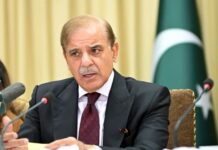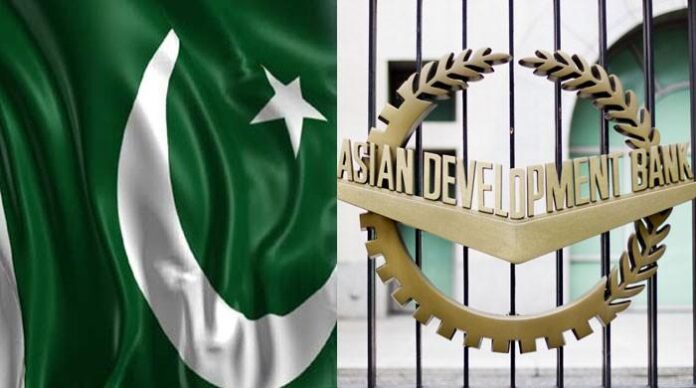Pakistan has inked six loan agreements with the Asian Development Bank (ADB), securing a total of $1.2 billion in financing.
Approximately one-third of this amount is earmarked for budget financing, marking a significant development following the recent agreement with the International Monetary Fund (IMF).
The Economic Affairs Division (EAD) and the local ADB office formalized these agreements on Friday, with the ADB committing to provide $400 million in budget support through two separate deals.
Budget financing had faced disruptions due to strained relations between Pakistan and the IMF, impacting lending programs from other multilateral creditors. With the recent staff-level agreement, the IMF is set to approve a $700 million tranche on January 11.
Under the Domestic Resource Mobilisation program, the ADB is expected to disburse a $300 million loan this week, while an additional $100 million in budget support is planned under the Women Financial Inclusion program, subject to procedural requirements. These funds are anticipated to bolster the central bank’s reserves, approaching $7.5 billion.
Official inflows for the first five months of the fiscal year have been relatively low at $6.4 billion, constituting a quarter of the annual financing needs. The ADB’s approval of these loans, along with Pakistan’s recent agreement with the IMF, has revived financing pipelines.
Despite Finance Minister Dr. Shamshad Akhtar’s assertion that Pakistan’s public debt is unsustainable, the ADB declared Pakistan’s debt sustainable based on a debt sustainability analysis. The analysis projects sustainability under prudent macroeconomic policies, even factoring in multiple crises from 2020 to 2023.
The ADB also signed agreements for various development projects, including $250 million for the power transmission sector, $102 million for the Punjab Workforce Readiness project, $83 million for the Khyber-Pakhtunkhwa Food Security project, and $250 million for the Sindh Secondary Education project.
Acknowledging the critical nature of the current IMF program, the ADB highlighted that Pakistan’s fiscal strategy aims for a budget deficit of 7.5% of GDP during the fiscal year. The deficit will be financed through treasury bills, bonds, and official development assistance.
Additionally, Pakistan secured a $300 million loan from the ADB to strengthen tax administration and increase collection. The loan carries a 15-year term, including a three-year grace period, with an interest rate determined by the ADB’s Flexible Loan Product. The loan aims to support tax reforms, a task that does not necessitate foreign borrowing.
























